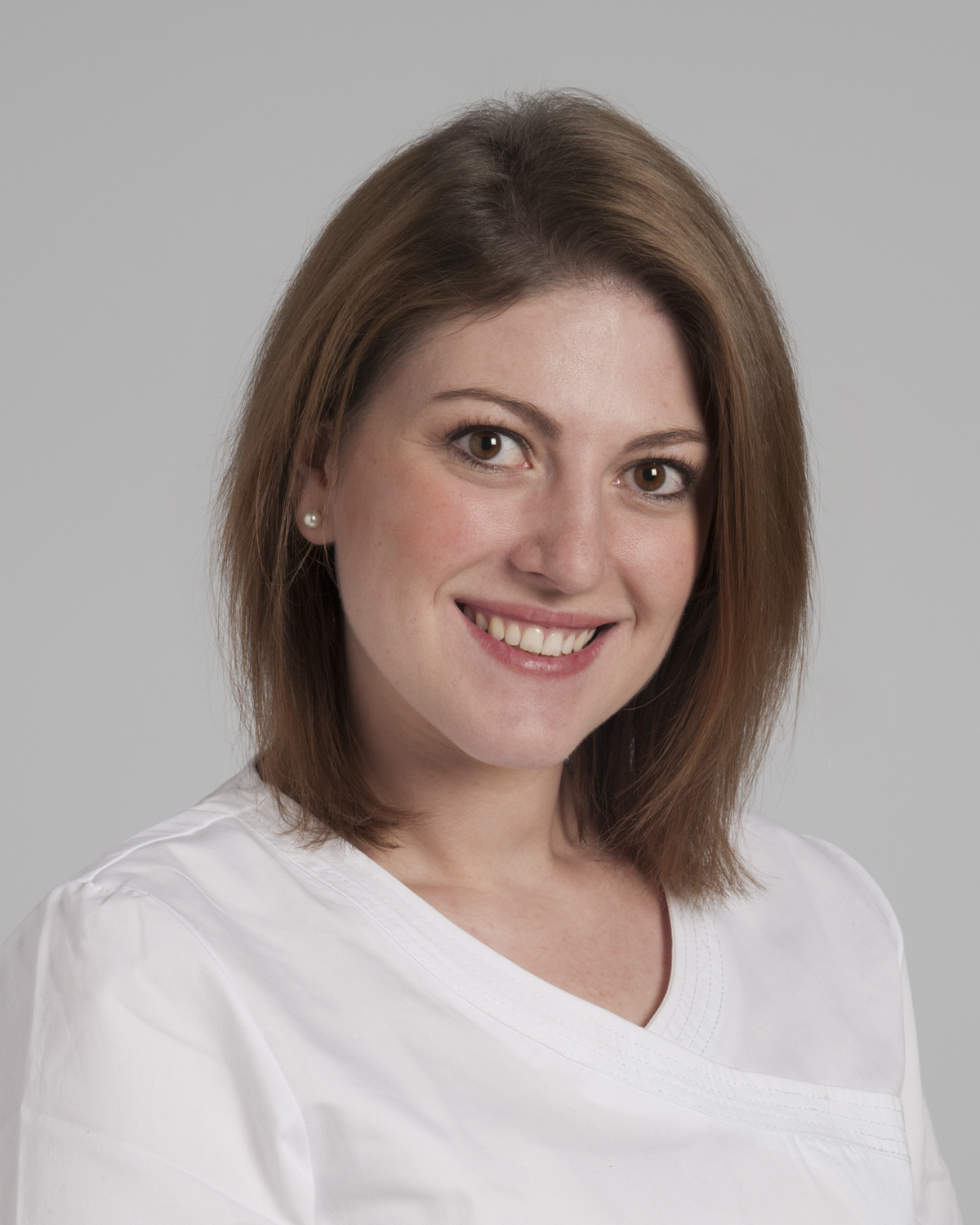Follow the Path to Oncology Nursing

Every oncology nurse has a story about how he or she was drawn into cancer care. For some it’s through professional mentors or a personal experience with cancer. ONS member Kimberley Munn, RN, BSN, OCN®, was raised in a family of healthcare professionals.
Answering Oncology Nursing’s Calling
“My father is a pediatric nurse with a specialty in hematology, so growing up I would go with him to summer camps for children with hemophilia,” Munn recalls. “This was a great introduction to nursing for me. I am a huge science nerd and feel compelled to serve others, especially those in vulnerable situations, and nursing seemed like the best way for me to be involved in both.”
That background and upbringing led her to a career as an oncology nurse. In school at the University of Michigan, Munn worked on a pediatric oncology unit before moving into a role at the Tassig Cancer Center at the Cleveland Clinic in Ohio. Today, she serves as a clinical nurse educator for VMS Biomarketing in Indianapolis, IN.
The Bright Side of Oncology Nursing
Looking back on her journey as an oncology nurse so far, Munn found that the public has common misconceptions about the profession.
“Oncology nursing is not as disheartening as people think. The patient population is very thankful for any help given to them. Imagine being diagnosed with cancer, feeling lost and scared—then a calm, smiling nurse comes into your life and helps you pick up the pieces,” Munn says. “The nurse helps you get back on track with a plan and gives you permission to grieve or rage when necessary, but also gives you permission to live. I cannot imagine doing any other type of nursing.”
For Munn, part of an oncology nurse’s responsibility is to serve as a warm face and calm spirit during a traumatic time. She knows that a major component of oncology nursing is guiding those who are in difficult position and are feeling overwhelmed by their diagnosis. It makes her realize how many simple joys in life we take for granted.
Finding Career Resources and Support
But oncology nursing is still hard work. It’s facing difficult truths and harsh realities. Munn notes the benefits of being part of a professional oncology organization like ONS. She’s been able to connect with peers and colleagues, find support groups, and network with other oncology professionals.
“I love connecting with nurses from around the world who have experienced some of the same struggles and successes as me,” Munn says. “ONS is a huge professional and personal support system right at my fingertips.”
The Future of Oncology Nursing
Munn sees oncology as a growing industry full of possibility. She’s had the chance to see patients achieve better outcomes because of technologic advancements and clinical trials, which was one of her main areas of expertise while at the Cleveland Clinic.
It’s through these advancements and patient achievements that Munn stays motivated in her oncology practice. To new nurses, Munn encourages them to never shy away from new opportunities and to push themselves to uncover what they’re truly passionate about.
